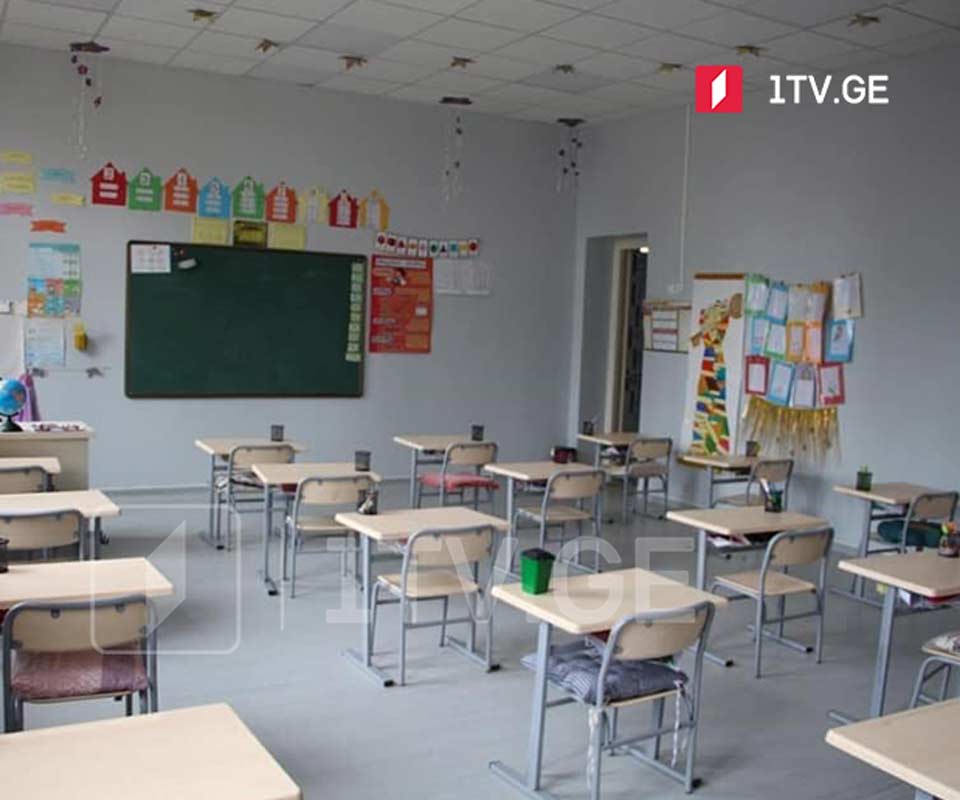Schools across Europe to open and made safer from COVID-19, UNICEF and WHO conclude
On August 30, WHO Regional Office for Europe and UNICEF Europe and Central Asia Regional Office called for schools to stay open and made safer by adopting measures to minimise transmission of the virus.
These measures include offering teachers and other school staff the COVID-19 vaccine as part of the target population groups in national vaccination plans. Other recommendations include improvements to the school environment through better classroom ventilation, smaller class sizes where possible, physical distancing and regular testing of children and staff.
“The pandemic has caused the most catastrophic disruption to education in history. It is therefore vital that classroom-based learning continues uninterrupted across the European Region. This is of paramount importance for children’s education, mental health and social skills, for schools to help equip our children to be happy and productive members of society”, Dr Hans Henri P. Kluge, WHO Regional Director for Europe claimed.
As millions of school children will be returning to schools across Europe, Georgia is not yet considering the likelihood of this year’s in-class study season resumption amid the Covid-19 pandemic surge in the country.
Georgian government concluded the resumption of in-person teaching depends on the epidemiological situation and the recommendations given by epidemiologists.
Deputy Health Minister Tamar Gabunia reviewed the possibility of in-person learning resumption as not possible until the epidemiological situation stabilized.
She believes the number of vaccinated teachers plays a key role in this process, the Coordinating Council recommends 80% of school staff be vaccinated.
WHO Regional Director for Europe explained that it would take some time to put the pandemic behind, but educating children safely in a physical school setting must remain the primary objective.
“We encourage all countries to keep schools open and urge all schools to put in place measures to minimize the risk of COVID-19 and the spread of different variants,” he said.

